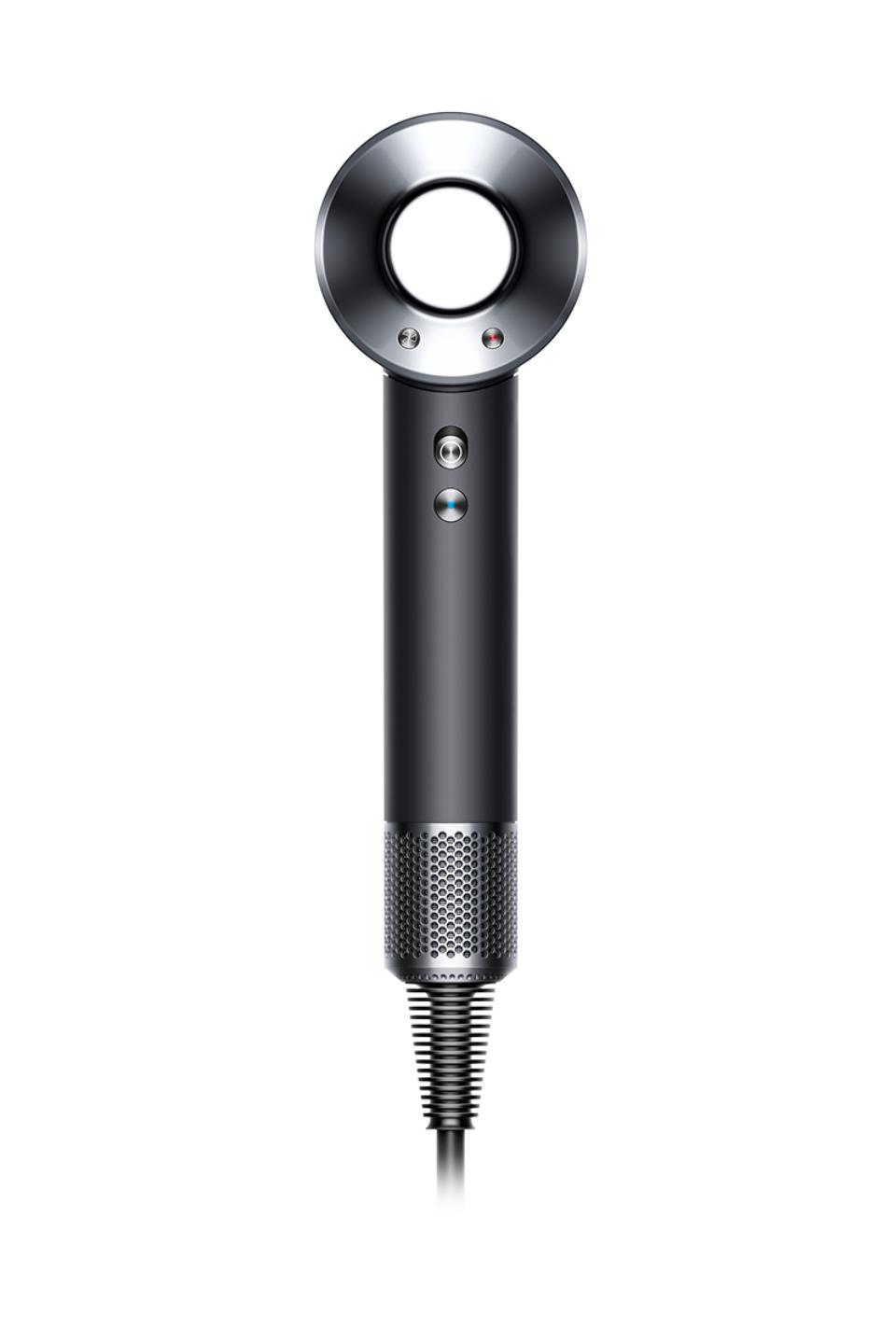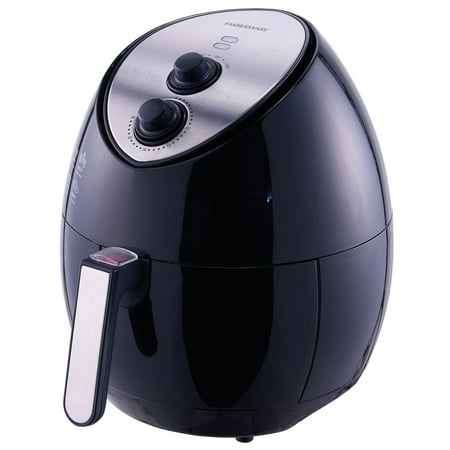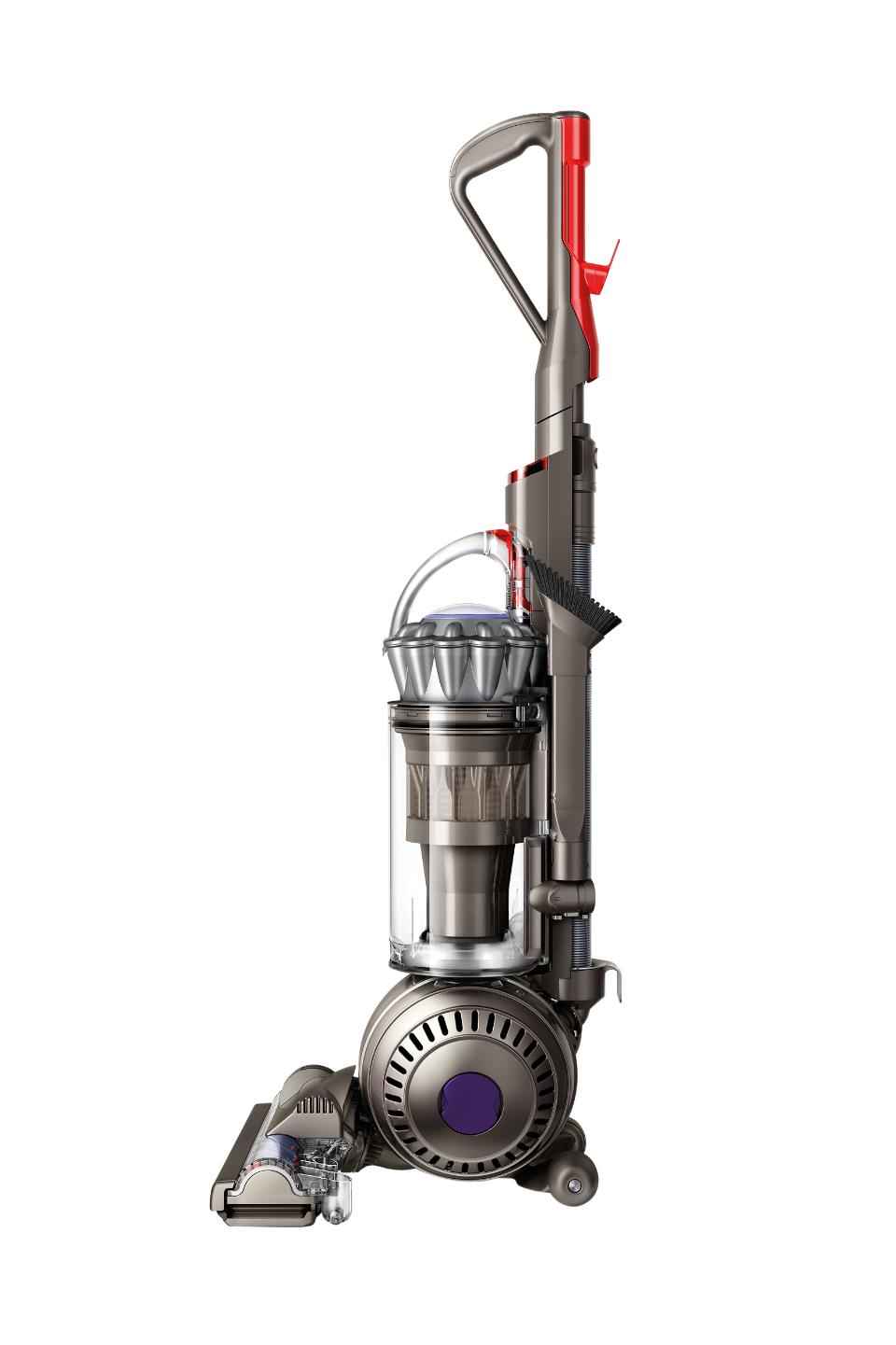Dyson Supersonic™ hair dryer in black/nickel
The Dyson Supersonic™ hair dryer is engineered to protect hair from extreme heat damage, with fastest drying⁺ and controlled styling to help increase smoothness by 75%, increase shine by up to 132% and decrease frizz and flyaways by up to 61%.
Smoothing nozzle
Dry and style your hair at the same time with gentle, low-velocity airflow.
Styling concentrator
The wide, thin design of the Styling concentrator creates a high-velocity blade of air that’s perfect for styling. And because the air is focused, you can style one section at a time – without disturbing the rest.
Diffuser
Engineered to disperse air evenly around your curls, the Diffuser simulates natural drying, helping to reduce frizz and define curls and waves. Long prongs allow you to style hair with control – and reach deep into the hair.
Wide tooth comb
Engineered for curly and coily hair, the new Wide-tooth comb attachment has robust teeth to help lengthen hair as it dries, or create volume and shape.
Gentle air
Engineered to be kinder to fine hair and sensitive scalps, the new Gentle air attachment diffuses the air, creating a gentle, cooler airflow – while still drying air fast.
Additional information
| Product Height x Length x Width (in.) | 9.6 x 3.8 x 3.1 |
|---|---|
| Weight | 1.8 |
| Negative ions | Help reduce static |
| Power | 1,600 W |
| Cable Length | 9 ft |
| Air Flow | 41 l/s |











by Fran
I have long, thick hair and with the Dyson Supersonic dryer it takes me a fraction of the time it previously took and no frizz.
by Pavan
Very pleased, would like to see a price drop so it’s accessible to more people.
by Christi
I held off on buying this, although my hairdresser recommended it, because it is so expensive. I finally gave in and bought it and I am so glad I did. It is totally unlike any other blow dryer I have ever owned. The cool shot is a bonus, but just being able to get the right temperature with the easy settings is incredible. I have thick, frizzy hair and this leaves my hair so smooth I don’t even need to flat iron it. To be fair, I just recently had a Brazilian blowout so it is naturally smoother, but this still makes a tremendous difference. I’ll know more after my Brazilian grows out, but so far, this is a definite thumbs up!!
by Wahine
Dries faster than my old dryer and leaves my hair smooth without the puff!
by Kathleen
I have naturally curly hair and live in AZ. Due to the low humidity, my ends would frizz. Utilizing salon products, the frizz got better but it would still happen with a regular hair dryer and diffuser. My hair stylist used the Dyson Hairdryer and my hair turned out beautiful every time! So I took the next step and ordered one of my own! WOW!!! Has it made a difference!!!
by Nancy
I love my new hair dryer. It is easy to use, quiet and fast. My hair is soft and not frizzy after drying.
by Amybeth
I was hesitant to invest in a Dyson. After using it for a week I will never use another blow dryer. Best purchase ever!
by Tania
I bought this recently and it’s already a game changer! I have curly hair and wash day was my most dreaded day as it took forever to get through! I would deep condition and then turn around and air dry for thirty minutes and then blow dry for nearly an hour!!!! I hated it but had to do it. Bianca Renee a Curly Hair Influencer did a tutorial and was able to diffuse her hair in 10 minutes!!! I bought mine and had my first wash day today and was able to from soaking wet to dry in 12 mins!!!!! Wash day is no longer the bane of my existence. This was worth every single penny!